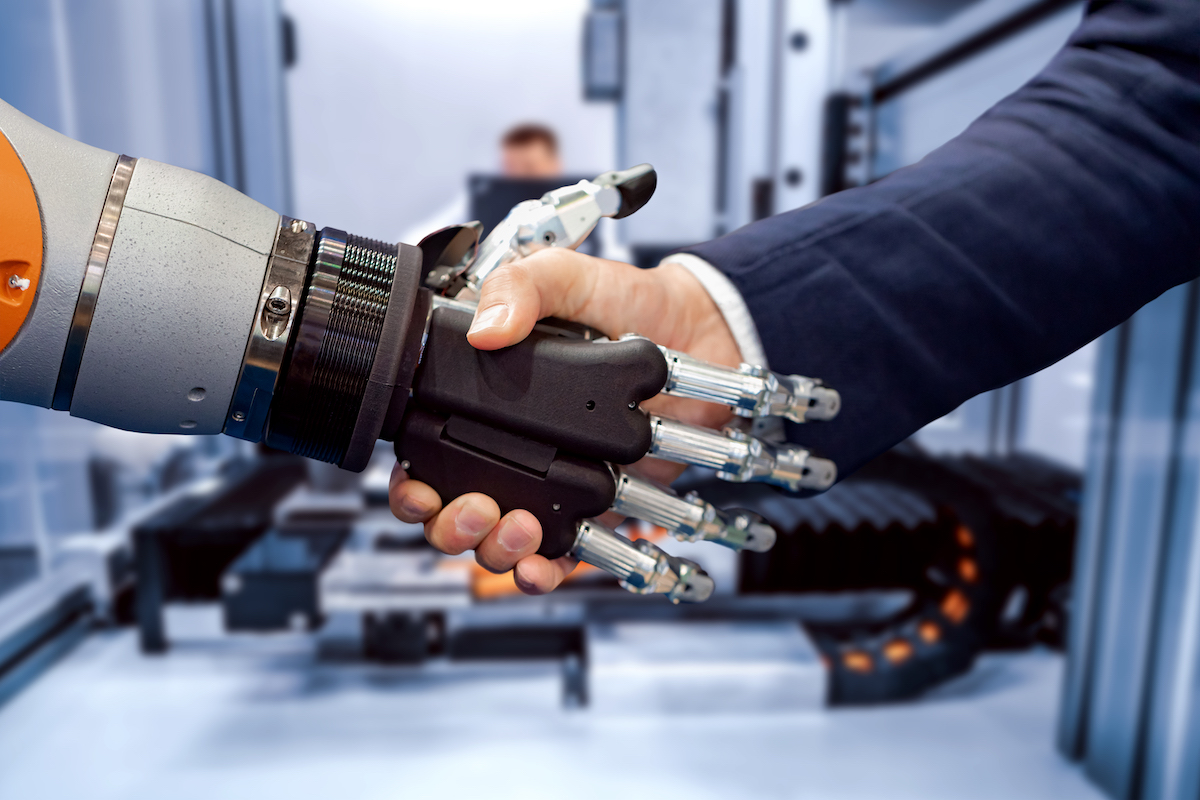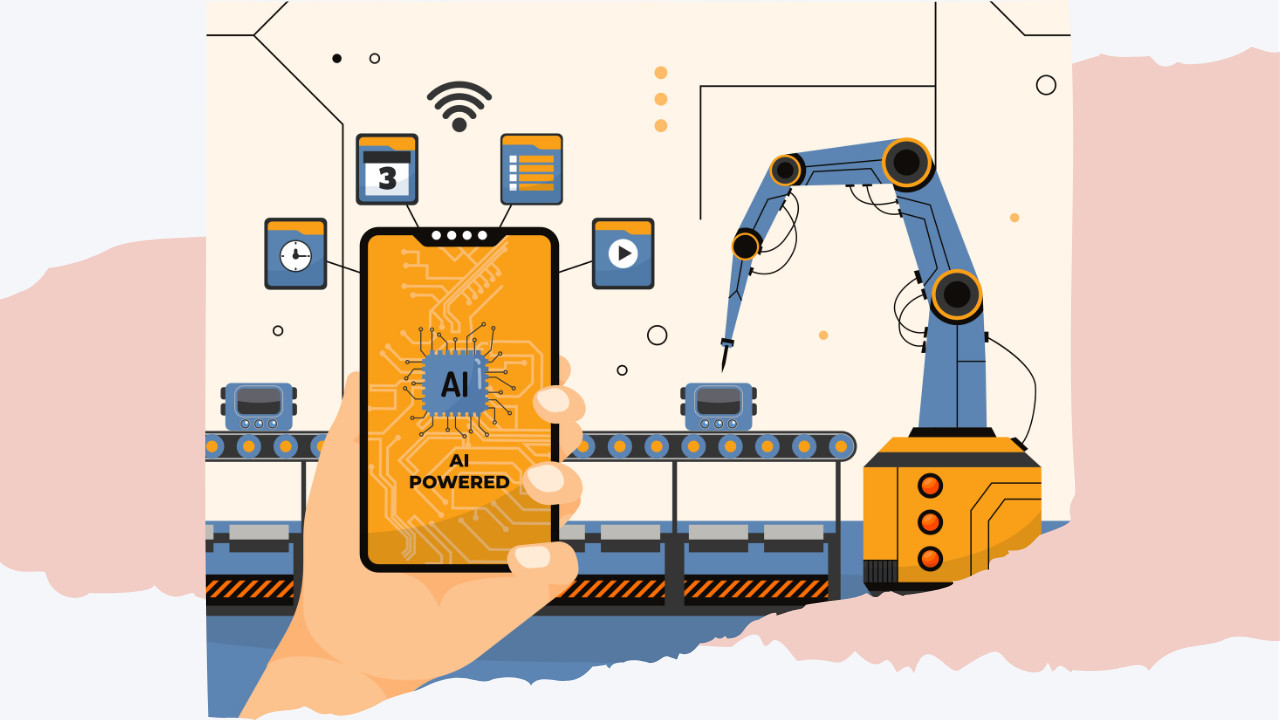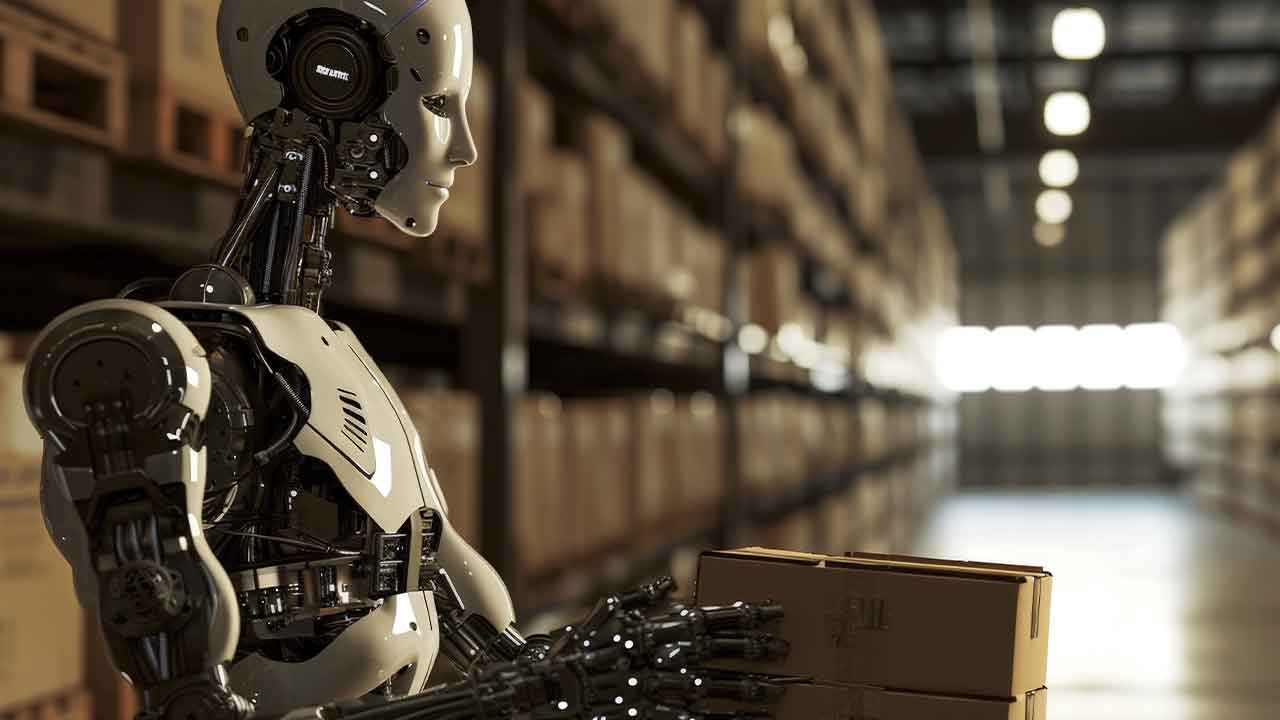AI is key to broad manufacturing productivity increase
Over the last several years of deploying AI into manufacturing, we have realized that the time value of our manufacturing engineers is quite high. Any time they spend transferring their knowledge to AI teams is frowned upon by them and seen as being unproductive. On the other hand, any time savings for them is seen as being really valuable to their organizations. A prominent manufacturing executive we work with even said “I worry that we can’t produce more even if we put up a new plant because it would take 5 to 10 years to produce a senior manufacturing engineer who runs such a plant. We just don’t have enough trained manufacturing engineers to meet demand.”
Today AI is well equipped to broadly increase the productivity of manufacturing engineers and, as a result, the entire plant. Remember that increasing productivity means getting the most out of the available resources. As an example, if one manufacturing engineer can drive work through 15 CNC machines now, AI should easily be able to help us drive work through 20 or 25 such machines.
How? Manufacturing engineers spend a lot of their time identifying events from data. They also tend to chase after yesterday’s problems because their tools do not enable proactive or predictive action. AI can substitute that with automatically identified events and a system of automated explanations that provides a faster understanding of events where intervention or action is needed. The solution, we believe, is to automate analysis and do it well before someone asks about it. To be scalable and truly automated, AI needs to overcome the limitations of prevalent methods that require the creation and tuning of individual models – a hands-free approach to data-driven automation, if you will, that increases personnel and operational efficiencies, and allows the plant team to stay one step ahead of production challenges. Such an approach also allows experts to act based on data in the moment when the data understanding can be higher.
A good AI solution also needs to address the scourge of upfront effort that goes into setting it up. Ideally, it should be able to go from the initial connection of an entire line to a live AI-based dashboard of proactive events within a matter of 1 week. The elapsed time is simply to establish a baseline of behavior for every single signal. This makes it possible to remove the effort, risk, and cost of AI deployment and judge the AI on its benefits for the manufacturing process engineer as well as the operations team.



